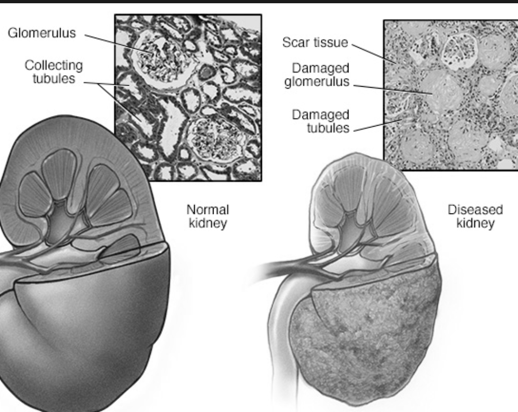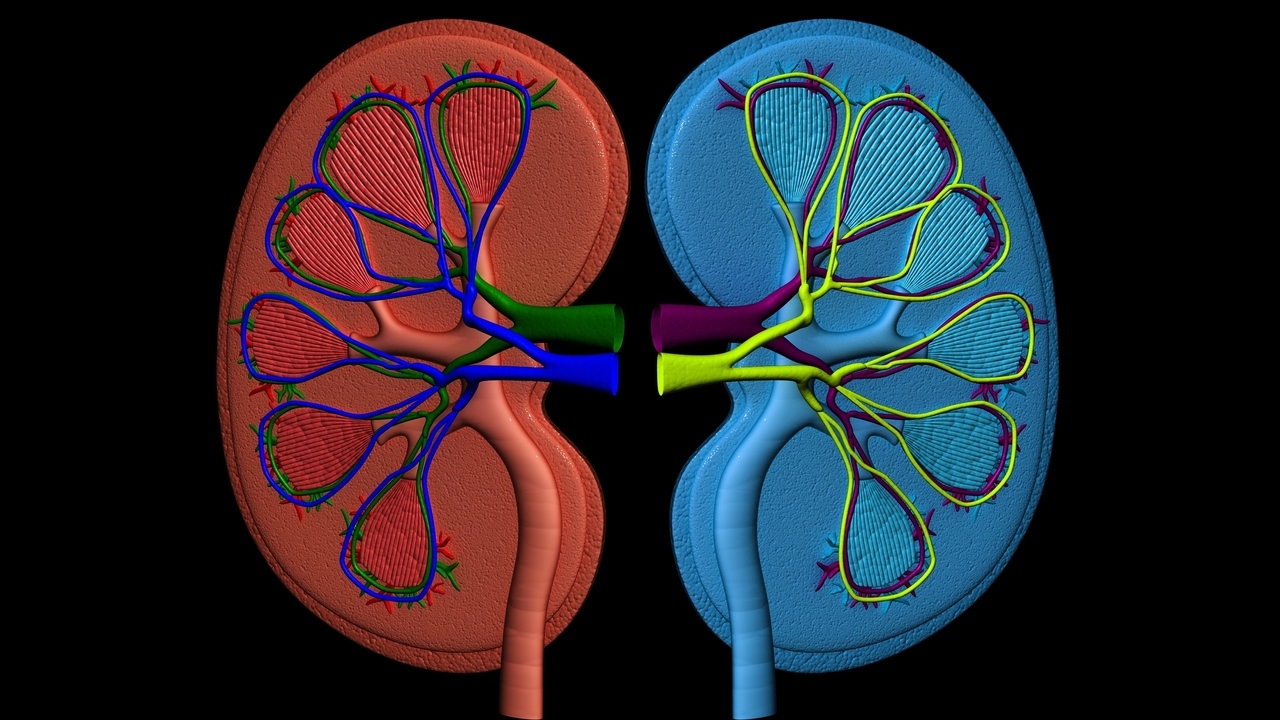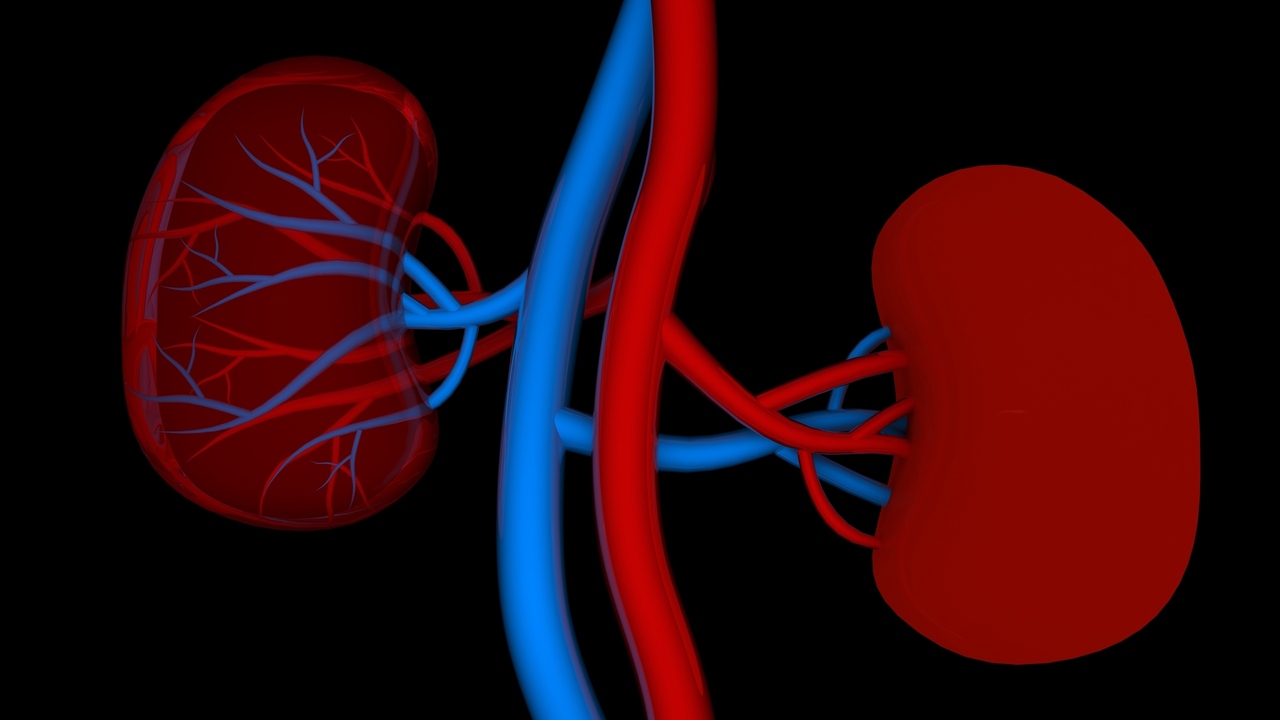Your kidneys, when left to their own devices, do a nice job of filtering toxins out of your blood and into your urine. Diabetes however can change this well-ordered and methodical picture in a matter of a few years.
Diabetes is the primary cause for kidney failure, responsible for almost half of all new cases. Kidney problems caused by diabetes are called diabetic nephropathy.
Diabetes can damage the nerves that signal a full bladder. Pressure from the full bladder over time can cause damage to the kidneys. Without this signal in proper operation, the risk of bladder infection increases.
Diabetes results in high blood sugar levels, which makes the kidneys work too hard. All the extra filtering that is now required can eventually lead to protein being leaked out into the urine, a condition called proteinuria.
Initially, only small amounts of protein pass into the urine. This is called microalbuminuria. Albumin is a type of protein.
Things can still turn around at this point. If the nerves for the bladder suffer no further damage; if the blood sugar comes under control, easing the burden on the kidneys; if protein no longer exits the blood where it's needed and ends up in the urine where it's a hazard, certain treatments are possible to keep the kidney disease from progressing.
If nothing improves at this point, however, large amounts of protein will leak into the urine (macroalbuminuria). Generally, end-stage renal disease (ESRD) is inevitable.
If things continue to worsen, the kidneys eventually become unable to filter out toxins anymore. Waste like creatinine and urea build up in the blood.
The kidneys cease to function. The person is now experiencing ESRD. And now he or she will need a transplant or dialysis.
Approximately a third of all diabetics will develop kidney disease after about 15 years. About two thirds of type-1 diabetics can develop ESRD after 10 to 15 years.
But this is by no means inevitable. Proper health care can delay this or prevent it entirely.
If you are diabetic, have your kidneys checked for proteinuria. If you have had type-1 diabetes for at least five years, you should be tested once a year. If you have type-2 diabetes, you should be tested every year right from the start.
Keep an eye on your numbers for blood glucose level and blood pressure. Ideally your blood pressure should be 130/80 or lower. This can help to protect your kidneys.
Resources:
Diabetes Prevention and Control Program: Diabetes and Kidneys
http://www.health.ri.gov/disease/diabetes/kidneys.php
Prevent diabetes problems: Keep your kidneys healthy
http://diabetes.niddk.nih.gov/dm/pubs/complications_kidneys
Diabetes and Kidney Disease
http://www.diabetes.ca/about-diabetes/living/complications/kidney
How Diabetes Affects the Kidneys
http://health.howstuffworks.com/how-diabetes-affects-the-kidneys.htm
Living With Diabetes: Kidney Disease (Nephropathy)
http://www.diabetes.org/living-with-diabetes/complications/kidney-disease-nephropathy.html
Visit Jody's website and blog at http://www.ncubator.ca and http://ncubator.ca/blogger






Add a CommentComments
There are no comments yet. Be the first one and get the conversation started!